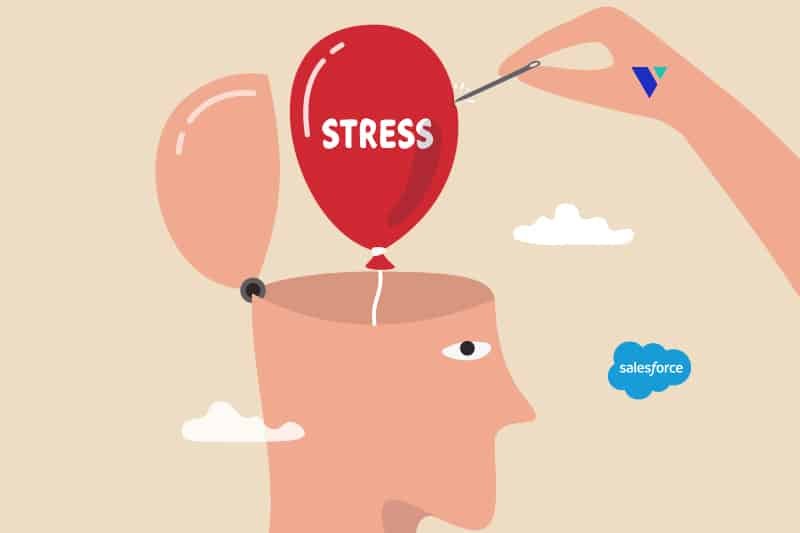How to Know if You Need Substance Abuse Treatment (Even If You’re High-Functioning)

It’s easy to assume that addiction always looks like total chaos. Lost jobs, broken relationships, financial ruin. But what if you’re managing just fine on the outside? You’re going to work, paying your bills, and handling responsibilities. No one seems concerned. In fact, people might even call you successful.
So, could you still need help?
Absolutely. Being high-functioning doesn’t mean you’re not struggling. And often, the people who are best at hiding it are the ones who wait the longest to reach out.
What Does High-Functioning Substance Use Look Like?
High-functioning individuals dealing with substance use often keep things together on the outside. They’re working full-time, showing up for family, and meeting expectations. That makes it hard to believe there’s a problem, both for them and the people around them.
But functioning doesn’t mean healthy. And it doesn’t mean happy.
Here are some patterns that show up in high-functioning substance use:
- Routines that revolve around substances – Drinking or using becomes part of your daily rhythm, even if it’s “under control.”
- Using substances to manage stress or emotions – Substances aren’t just for fun anymore. They’re a coping tool.
- Hiding or minimizing usage – You might not lie directly, but you avoid talking about how much or how often you use.
- Excelling despite exhaustion – You’re performing, but you’re burned out. And substances are how you keep going.
- No clear consequences (yet) – Things haven’t fallen apart, but there’s a sense that they could. It feels like walking a fine line.
This isn’t about judging yourself. It’s about looking honestly at the role substances play in your life—and what they’re costing you beneath the surface.
Signs You Might Need Help
If you’re unsure whether your substance use warrants treatment, focus less on how things look to others and more on how you feel inside your life. Here are some signals to pay attention to:
1. You Think About It More Than You Want To
You spend time planning when you’ll use, how much you’ll need, or how to recover afterwards. You might find yourself watching the clock until it’s “acceptable” to start drinking, or rationalizing why today is a good day to use. That mental energy adds up. If your thoughts keep circling back to substances, that’s a sign that it’s time to start looking into substance abuse treatment Portland Oregon.
2. You’re Using as an Escape
Everyone needs an outlet. But if your substance use is the main way you cope with anxiety, depression, stress, or boredom, it becomes a crutch. The issue isn’t whether you’re functioning; it’s whether you’re really present in your life or numbing yourself to get through it.
3. You’ve Tried to Cut Back and Struggled
Maybe you’ve done a “dry month,” made rules about how much you’ll use, or tried only using on weekends. If those efforts feel harder than they should be or don’t last, it’s worth asking why. Struggling to moderate often signals a deeper issue with control.
4. You Keep It Secret or Feel Shame
Even if no one has called you out, you might feel guilty or uneasy about your habits. You might drink more before others arrive, use alone, or downplay how much you’ve had. Hiding your use, even subtly, usually means part of you knows it’s become too important.
5. You Worry What Would Happen If You Stopped
Would you lose your social life? Your ability to relax? Your confidence? If the idea of quitting makes you anxious, that might be the clearest indicator that substances have taken on a bigger role than you realized.
What Treatment Looks Like (And What It Doesn’t)
A common myth is that treatment means checking into a residential program and disappearing from your life. That’s not always the case. Many people choose online drug rehab, which allows them to receive professional help while continuing to meet work, school, or family obligations. This modern approach provides flexibility without compromising the quality of care.
Treatment can look like:
- Outpatient programs – Get support while still living at home and maintaining your job or family life.
- Therapy or counseling – Work through the emotional roots of your use in a structured way.
- Group support – Connect with others facing similar challenges without judgment or pressure.
What matters most is not the format, but the decision to take your well-being seriously. You don’t have to be at rock bottom to start treatment. You just have to be ready for something different.
Why High-Functioning People Often Wait Too Long
When you’re high-functioning, the outside world gives you a pass. Friends might say you’re just blowing off steam. Colleagues admire your work ethic. Even you might convince yourself that because everything “looks fine,” there’s nothing to fix.
But addiction doesn’t care how well you’re performing. It builds quietly, gradually. And high-functioning people are especially good at hiding the impact—until they can’t anymore.
Here’s what often delays action:
- Fear of being exposed – You’ve built a life around competence. Admitting you’re struggling feels like risking your image.
- Belief you can handle it alone – You’re used to solving problems yourself. Asking for help feels foreign.
- Lack of consequences – Because there haven’t been big crashes, it’s easy to minimize what’s happening.
Unfortunately, waiting often means the problem grows more serious, not less. And the longer it goes unchecked, the harder it becomes to untangle.
What If You’re Still Not Sure?
It’s normal to hesitate. Deciding to look at your substance use with clear eyes is deeply personal. But one question can help cut through the noise:
If nothing changed, would you be okay living like this five years from now?
If the answer is no, you already know something’s off. You don’t need a diagnosis or disaster to start changing course. You just need the willingness to ask hard questions and the openness to explore what comes next.




